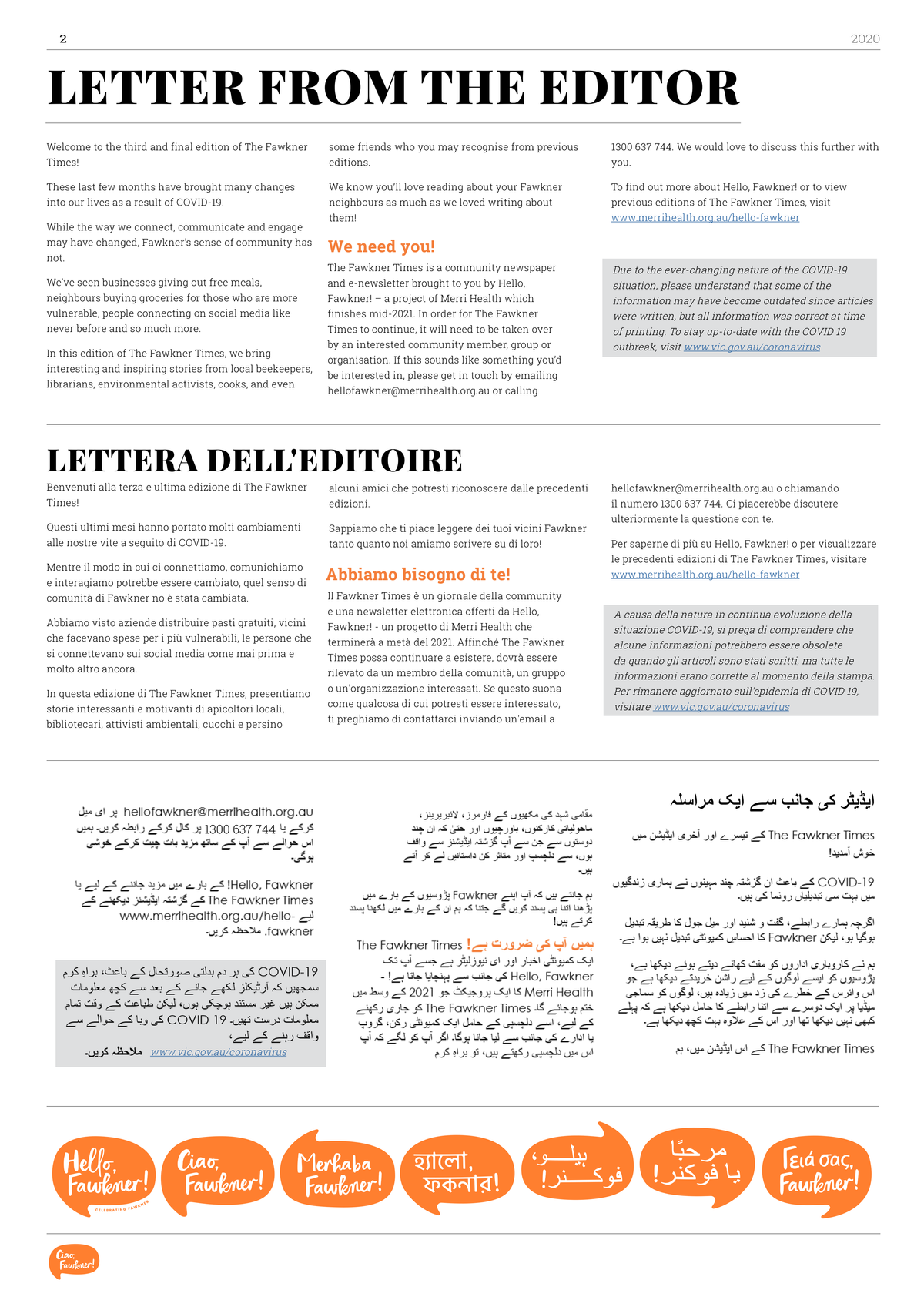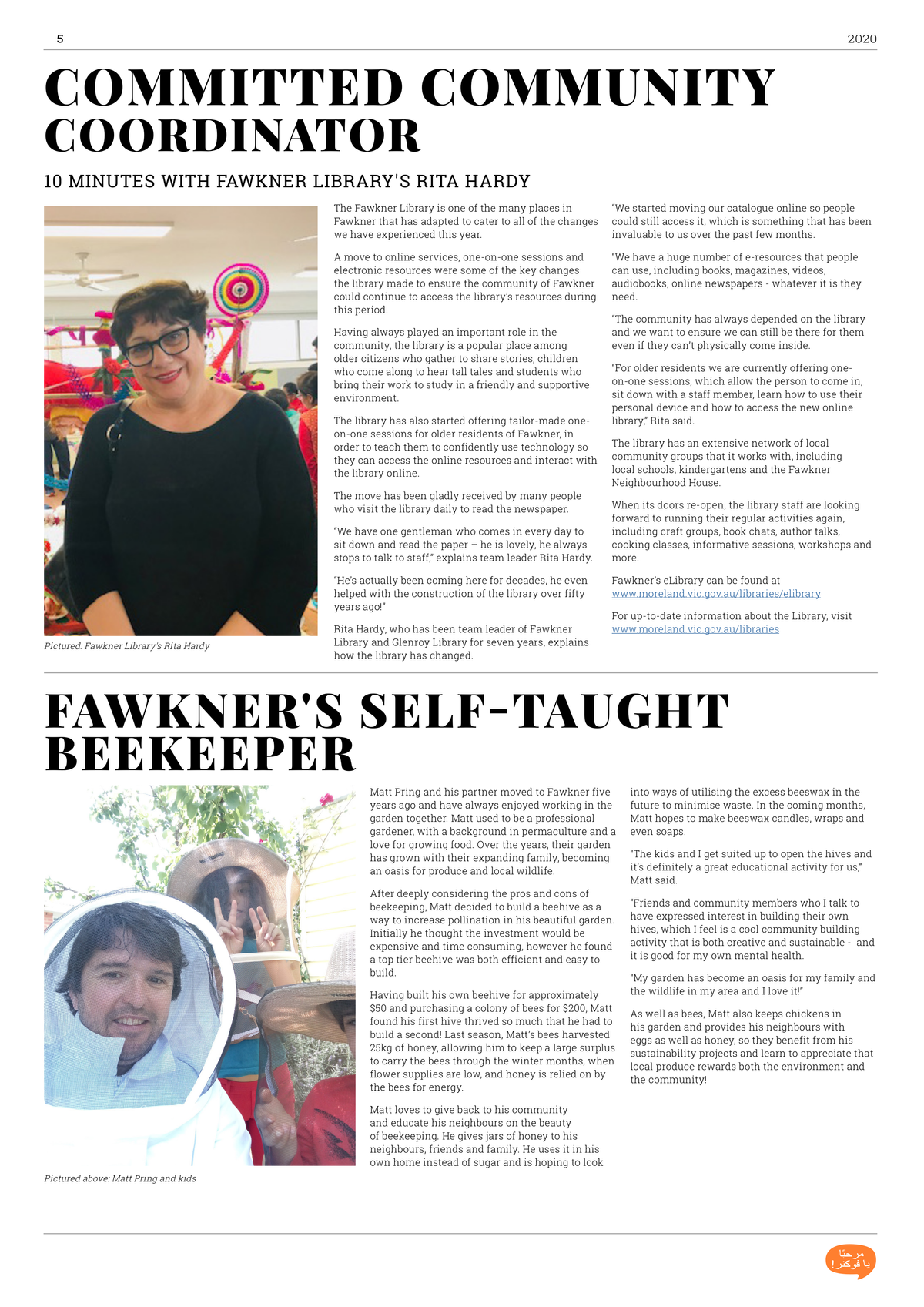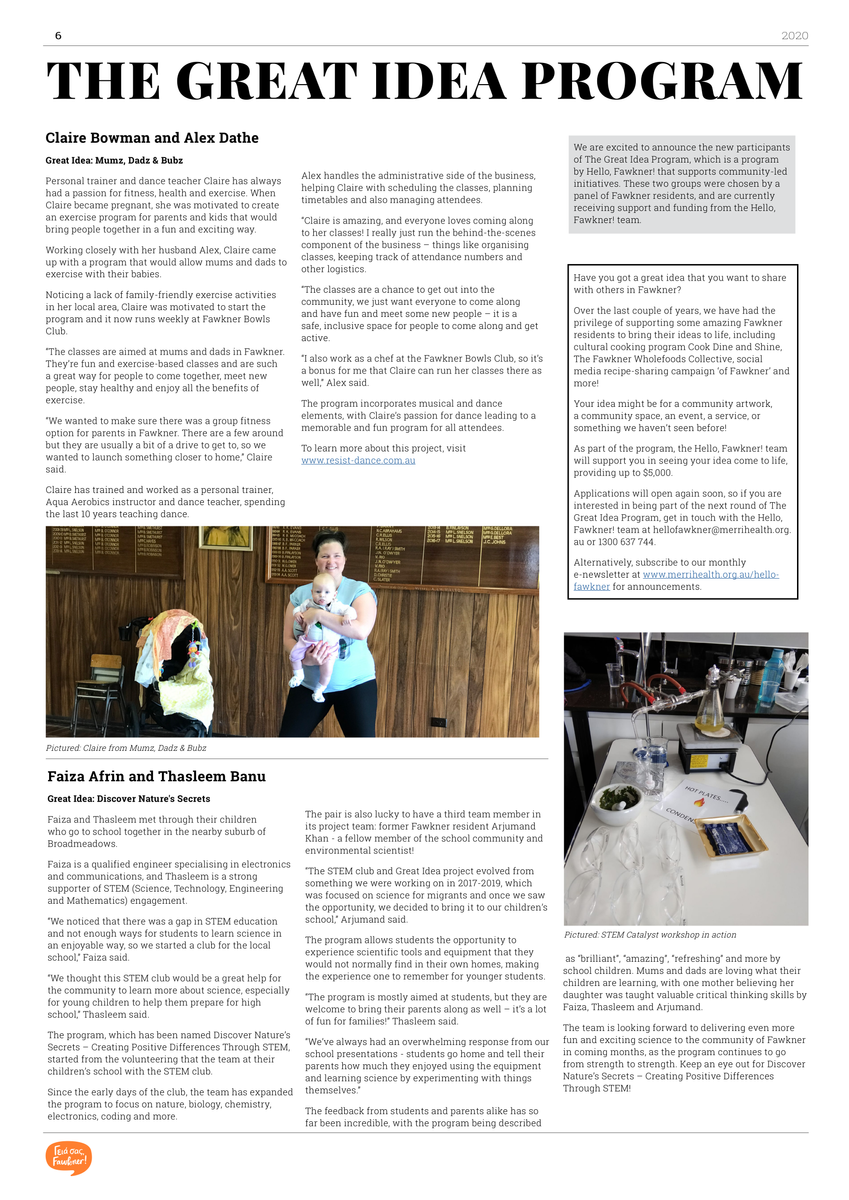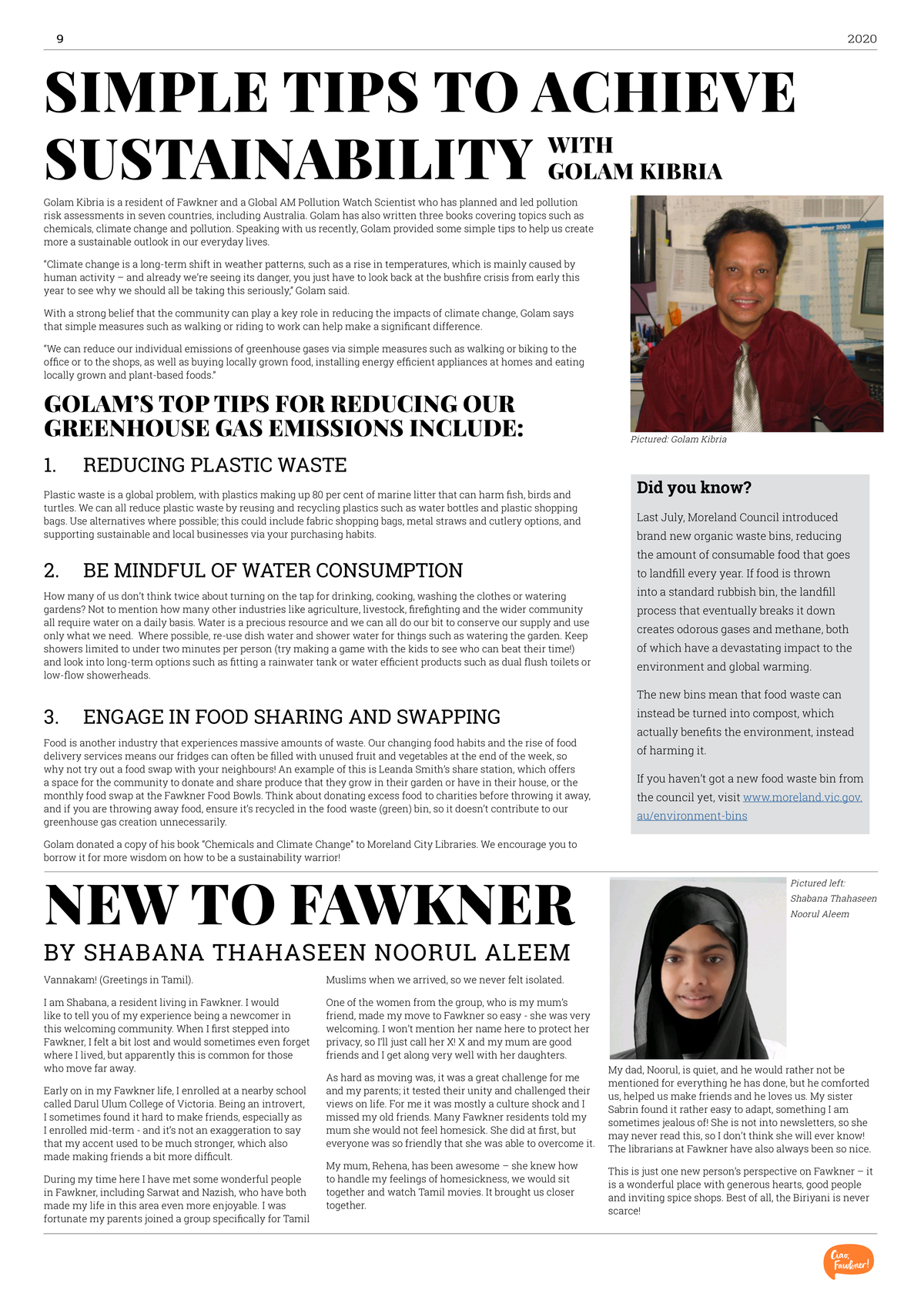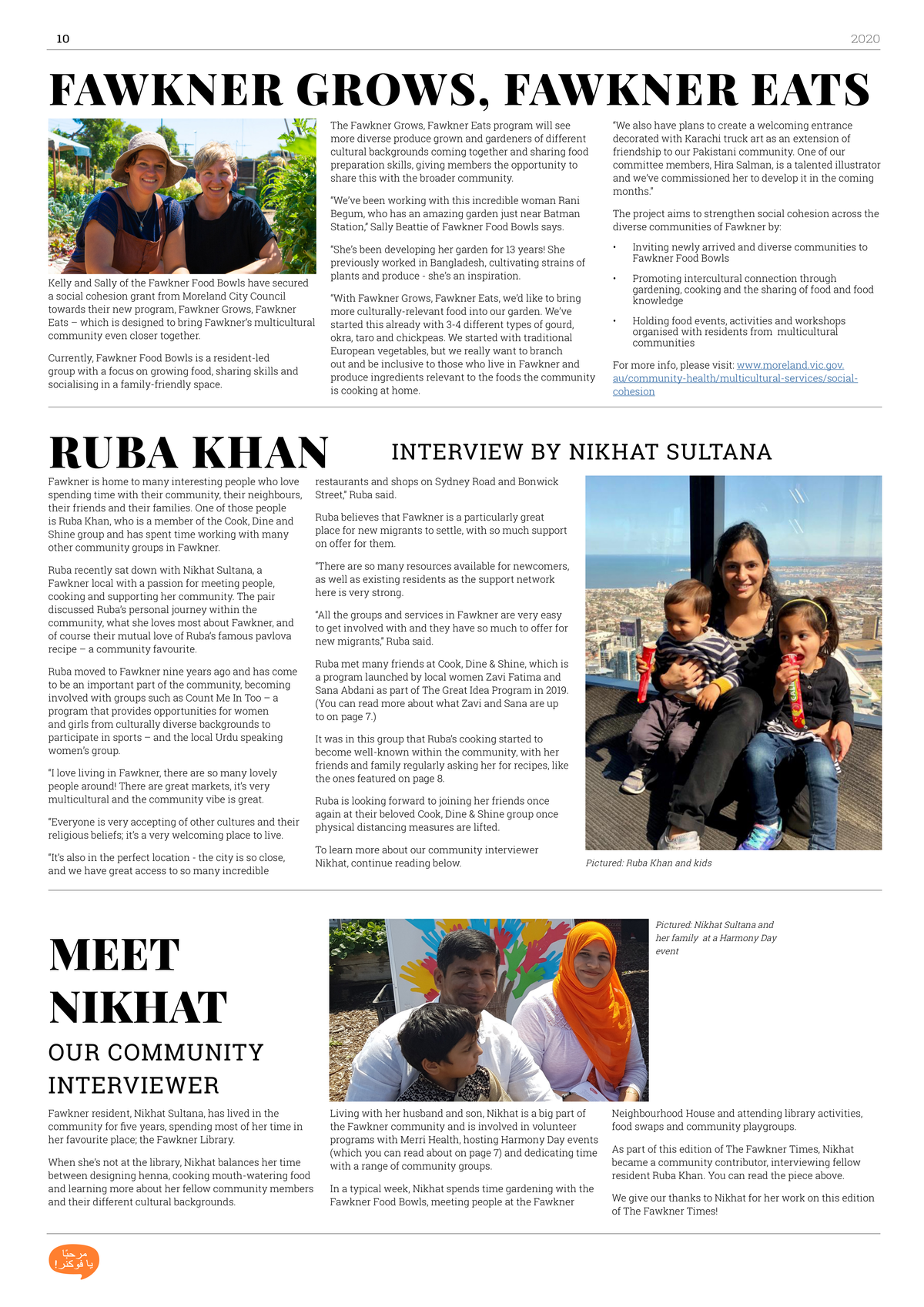Parents & Community

Growth Mindset …….helping your child learn and think differently
We all have times when we feel like we’ll never get better at something, or that we’re destined to fail. Some kids face more challenges and setbacks than other kids. That may lead them to have more of a fixed, rigid mindset about their difficulties i.e. that they were born with a certain level of ability which they will never be able to get past or improve. Kids who learn and think with this mindset can feel judged and criticized. They know they’re not doing as well as their peers, and they may feel “stupid.” That often makes them feel insecure or defensive and behave in ways that disrupt themselves and others. This gets in the way of growth and learning.
The way the adults in their lives think, their mindsets, can also get in the way. They may tell kids to just try harder to use the same strategies or ways of learning that haven’t worked before, but with more effort. Doing that isn’t going to make kids feel good about the effort they’re already putting in.
What works best is to help our children feel positive about the efforts they make, even if the results are not as good as they might hope. Years of research proves that students will get better results if they focus more on improving the process of learning, and value the effort they make. This is what we call having a Growth Mindset.
How to Help Your Child Develop a Growth Mindset
Developing a Growth Mindset is an ongoing process. Getting and taking feedback from others, learning from mistakes, and finding new ways to approach tasks isn’t easy. But it’s a valuable way to help kids learn that talents can be developed. Parenting is really hard. Having a Growth Mindset really helps.
Research shows that parents can have a powerful impact on their childrens’ mindsets. The language you use and the actions you take show your children about what you expect. The way we praise our children can have a profound impact on their mindset. Research on praise and mindsets shows that when we praise children for being smart, it promotes a fixed mindset. It sends a message that their accomplishments are due to talents they were born with. In contrast, praising kids for working hard promotes a Growth Mindset. It sends a message that the child’s effort is what led them to success and that they can always improve.
Ideas for what, and what not to say, to promote a Growth Mindset
FIXED MINDSET - “You are so smart!”
GROWTH MINDSET - “It seems like it’s time to try a new strategy.”
FIXED MINDSET - “It’s okay. Maybe you’re just not cut out for this!”
GROWTH MINDSET - “I like watching you do that.”
FIXED MINDSET - “You're a natural at that!”
GROWTH MINDSET - “It looks like that was too easy for you. Let’s find you something challenging so your brain can grow.”
FIXED MINDSET - “That’s right! You did that so quickly and easily; great job!”
GROWTH MINDSET - “That’s not right. You don’t understand this yet. What strategies can you try to understand it better?”
FIXED MINDSET - “That’s not right. Are you paying attention in class? It seems like you’re not even trying.“
GROWTH MINDSET - “That was really hard. Your effort has paid off! Next time you’ll be ready for this kind of challenge!”
FIXED MINDSET - “That was really hard. I’m so glad it’s over and you don’t have to do that again.”
GROWTH MINDSET - “You’ve worked hard to become a good writer. You should challenge yourself with an advanced class, and learn something you don’t know how to do yet.”


